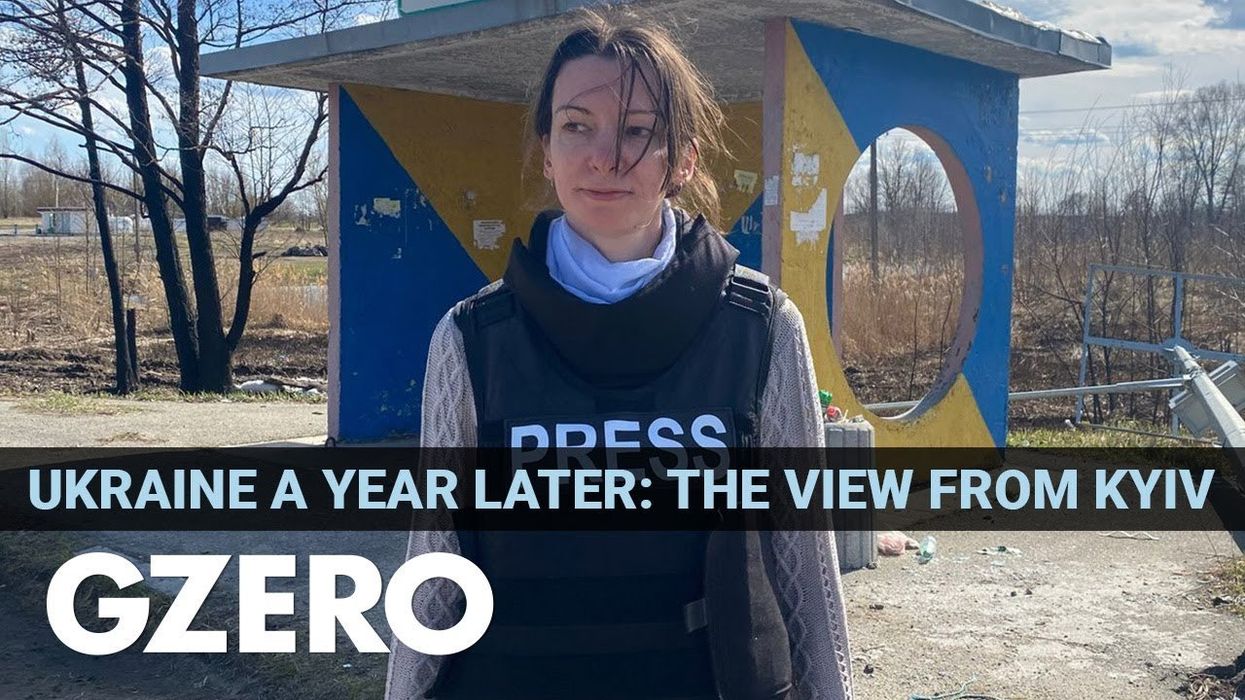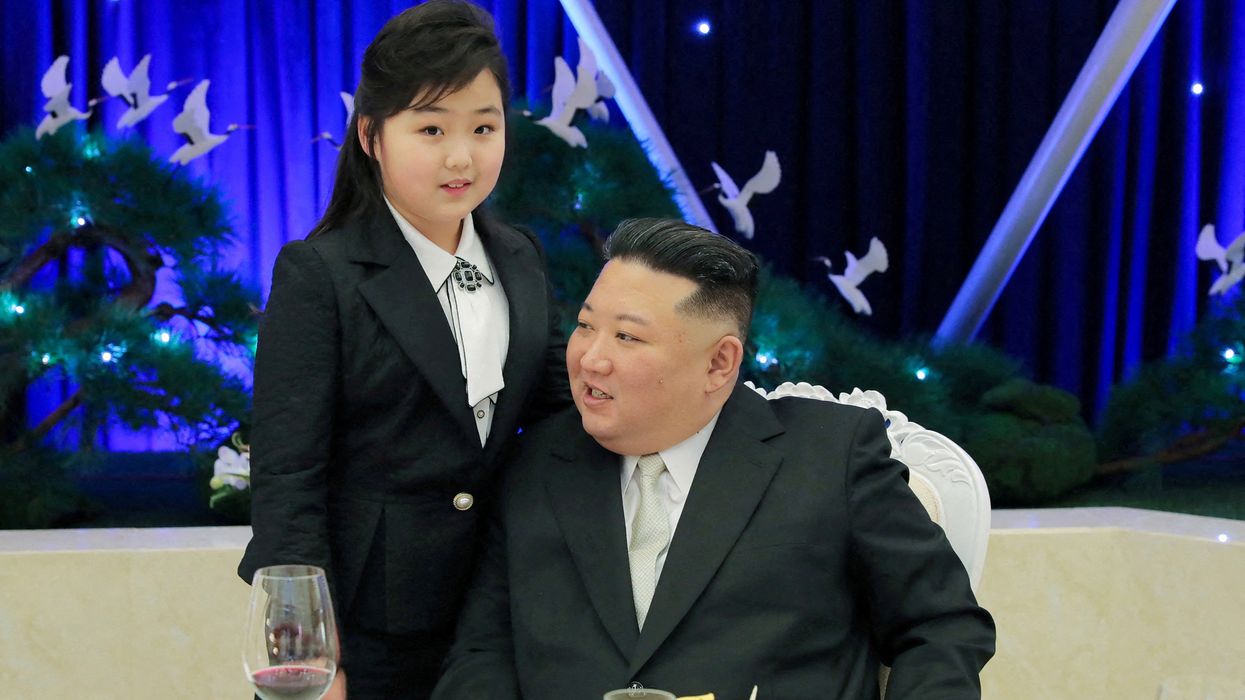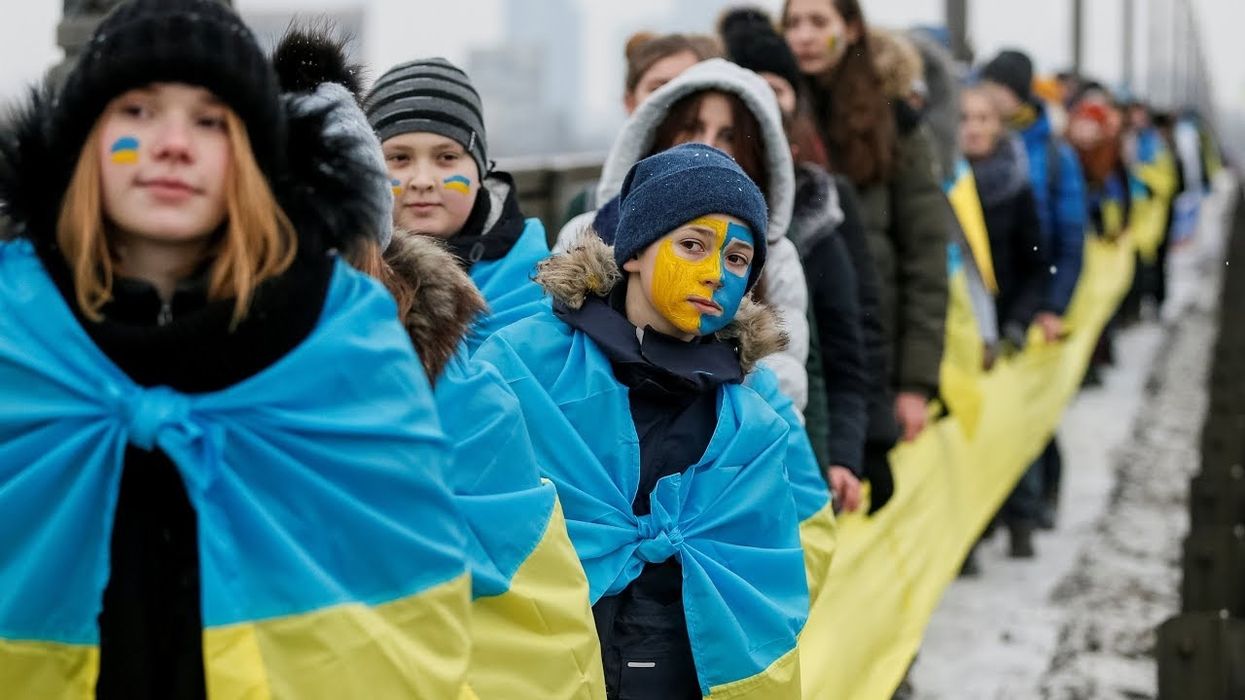News
"Our neighbor is a lunatic," says Ukrainian journalist a year on
Last March, as the Russian war machine bore down on Kyiv, I spoke with Ukrainian journalist Kristina Berdynskykh about what it was like to be in a city whose fate had suddenly, and violently, become uncertain. One year later, I went back to her to learn what she’s seen, why living in Ukraine is like a “lottery ticket,” and what she thinks about how the war will end.
Feb 26, 2023



